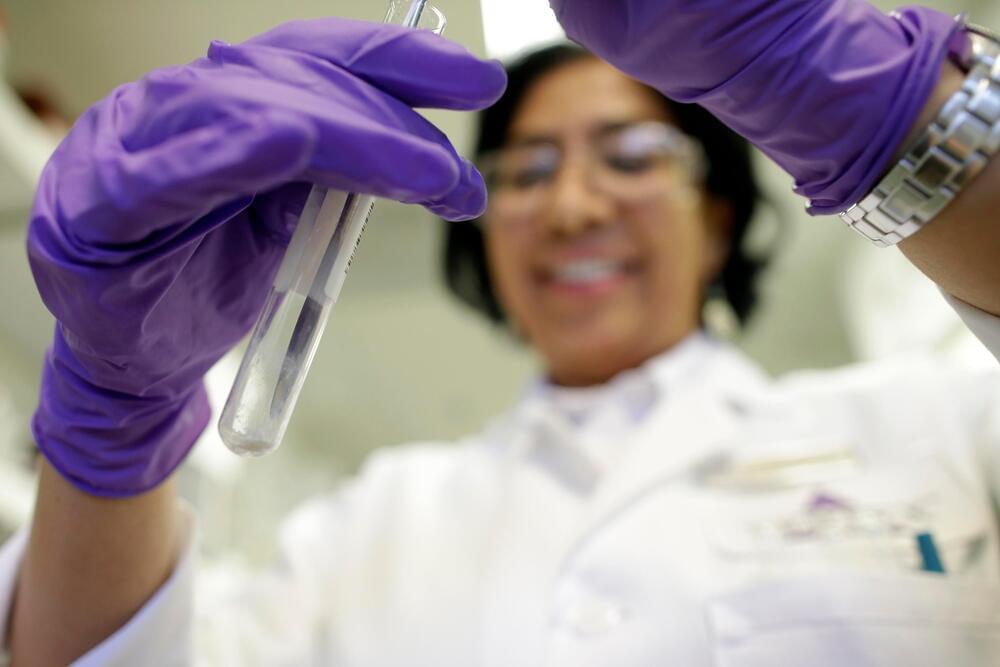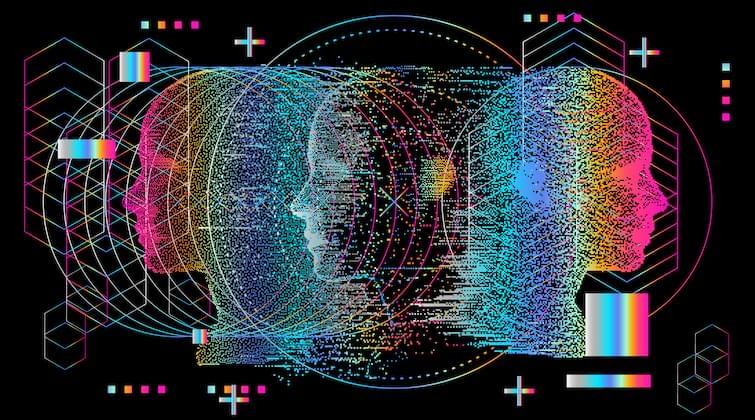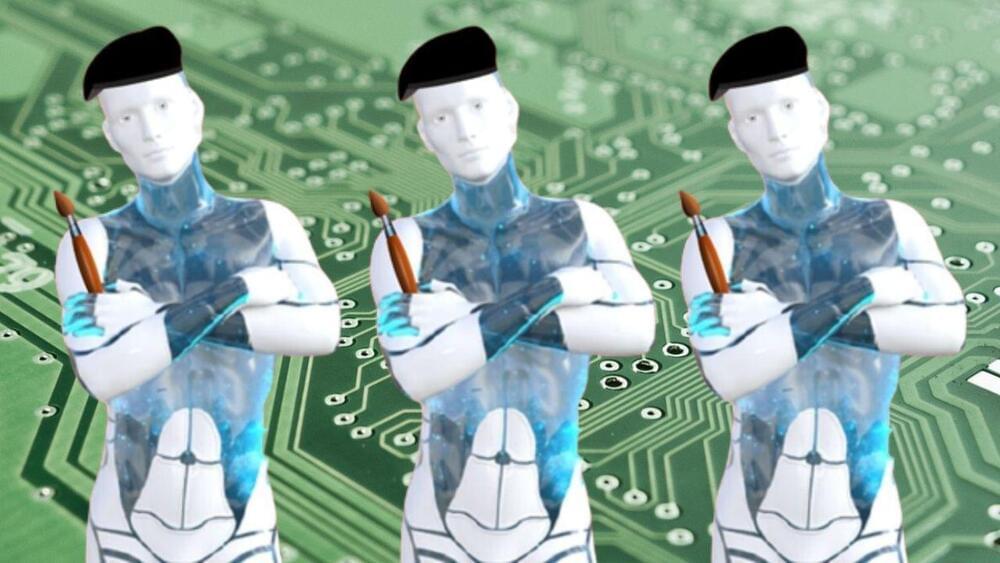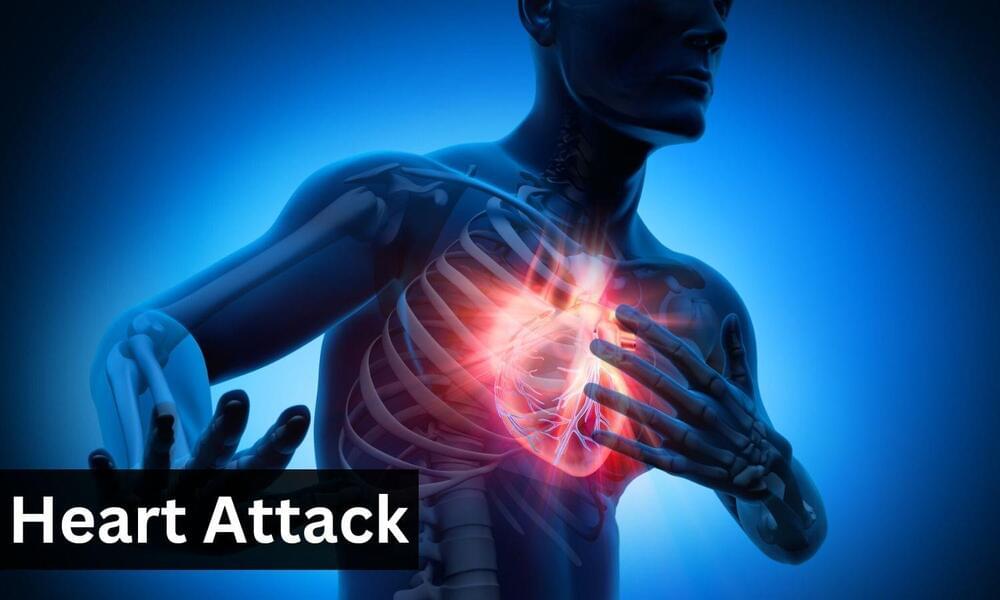Scientists from the UK and South Korea have discovered a way to create laser pulses 1,000 times stronger than currently possible. Using computer simulations, they have discovered that a new way of compressing the light can drastically increase its intensity to such an extent that it can extract particles from a vacuum. This new technique could open up doors for important discoveries into the very nature of matter.
Uncover the nature of matter
Researchers from the University of Strathclyde, Ulsan National Institute of Science & Technology (UNIST), and Gwangju Institute of Science and Technology (GIST) have proposed a simple idea to revolutionize the next generation of lasers. They suggest using the gradient in the density of plasma, which is fully ionized matter, to cause photons to bunch together. This is similar to the way a group of cars bunches up as they encounter a steep hill. If this technique is successful, it could increase the power of lasers by more than one million times from what is currently achievable.








